The SMILE project aims to empower youth by fostering resilience through the development of essential socio-emotional and cognitive skills such as cognitive flexibility, effective management of negative thoughts, emotion regulation, and social confidence. Through this approach, SMILE seeks to prevent the onset or worsening of mental health conditions like depression and anxiety in adolescents and young adults. SMILE’s innovative tool, the Open Knowledge Platform (OKP), is designed to improve practices in building resilience, enhancing social competence, and developing coping strategies.
SMILE validates its digital tools and services through strategic case studies conducted across seven European countries: Cyprus, Germany, Italy, Poland, Slovenia, Spain, and the United Kingdom. This international, multicentric proof-of-concept study targets adolescents across three age groups: early adolescence (10-14), middle adolescence (15-19), and late adolescence (20-24). The study includes participants ranging from those non-affected by mental health issues to those vulnerable or experiencing psychological distress.
This section highlights the pilot sites and case studies that aim to reach TRL 7 – the stage of a „demonstrated prototype“ – where SMILE’s gamified interventions will be tested and validated to promote adolescent mental health across these countries.
CYPRUS

C.I.P. Citizens in Power (CIP)
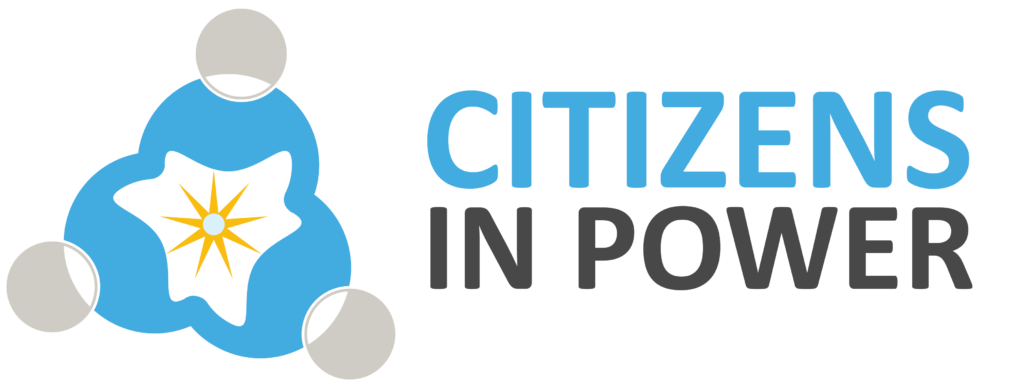
CIP has an ongoing collaboration with many schools and universities in Cyprus and has been tirelessly working to inspire and transform communities by endowing young people and citizens with innovative tools and comprehensive solutions.
Recruitement: Youth aged 10-17 and teachers will be recruited from primary and secondary public and private schools across the country. Adults aged 18-24 and parents will be recruited through an advertisement in social media.
Methodology: A participatory approach inviting children, adolescents, young adults, their parents, as well as teachers and healthcare professionals to actively contribute to the development, optimisation, and finalisation of the SMILE digital solutions. The qualitative data collected is analysed using rigorous scientific methods, such as thematic analysis, as recommended by experts in the field. This collaborative process ensured that the SMILE digital solutions was refined based on diverse insights and real-world experiences.
Progress: Six focus groups were organised, engaging a diverse range of participants including children, adolescents, young adults, parents, teachers, and clinicians. In addition, we held workshops with three distinct youth age groups—10-14, 15-19, and 20-24 years old—to gather feedback on the game’s design and objectives.
Key Findings: Coming soon.
Impact: Coming soon.
Challenges and Lessons Learnt: Coming soon.
GERMANY

Universitätsklinikum Heidelberg (UKH)
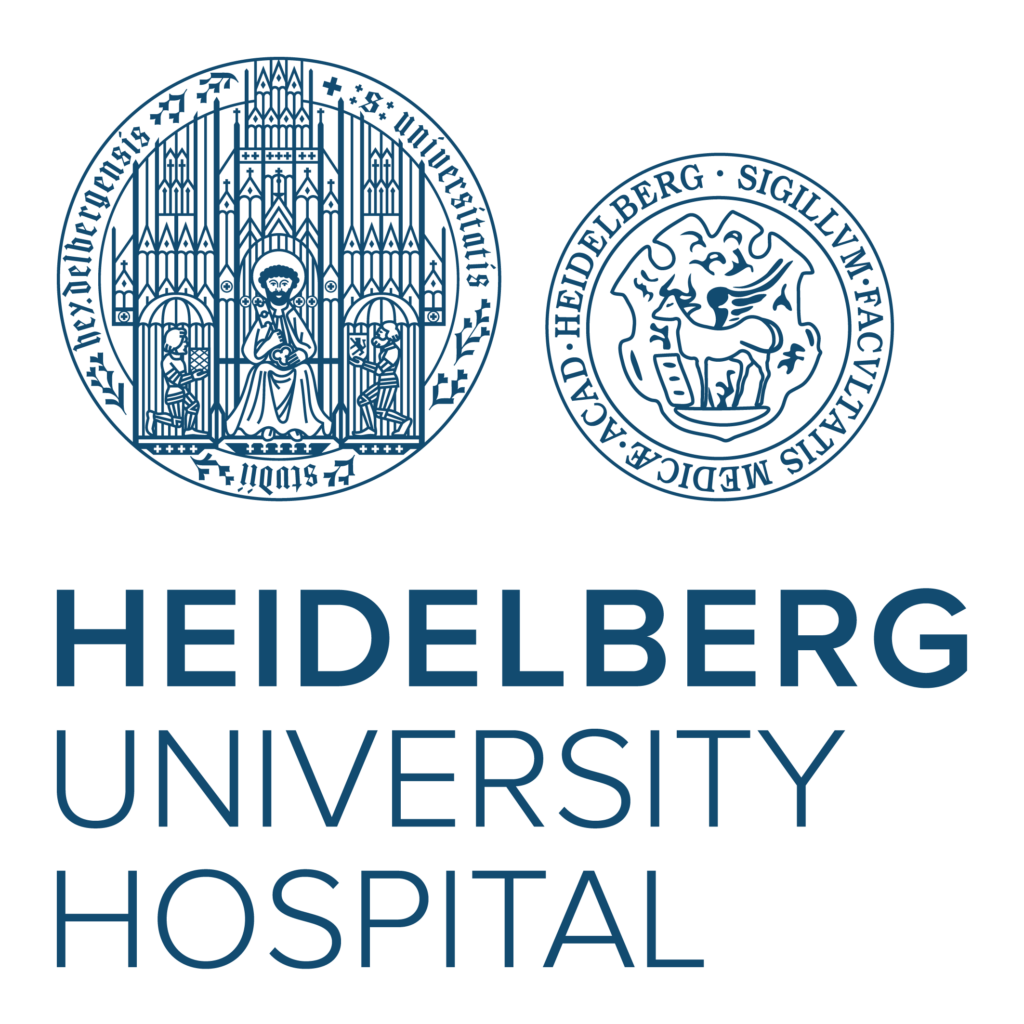
Heidelberg University Hospital with its 44 specialised clinical departments is one of the leading medical centres in Europe. It is constantly developing new methods of diagnosis and treatment at the forefront of biomedical science for the benefit of all patients. The hospital has a state of the art ICT infrastructure also including telemedicine technologies and ICT disease management solutions. The Department of General Internal Medicine and Psychosomatics is one of the few psychosomatic departments in Germany that is simultaneously integrated into an Internistic Medical Clinic and a Center for Psychosocial Medicine. Here we offer a broad spectrum of inpatient and outpatient services. The Department of Child and Adolescent Psychiatry offers guideline-oriented and evidence-based diagnostics and therapies for the disease patterns of the entire spectrum of child and adolescent psychiatry.
Recruitement: Participants for the pilot studies will be recruited in schools and universities. Any interested schools who might want to become a “SMILE-school”: feel invited to contact our team.
Methodology: A participatory approach is adopted, by inviting children, adolescents, young adults and their families, teachers and health professionals to contribute to the building and elaboration of the Knowledge base and the SMILE game. All material is analysed by means of scientific methods and an inductive content analysis was carried out.
Progress: Six focus groups with children, adolescents and young adults, parents, teachers and clinicians have been organised successfully. Moreover, we invited two age groups to workshops to get feedback to the game design and its goals. We presented first results of a qualitative analysis of the focus groups with young people at the Congress of Child and Adolescent Psychiatry in Rostock and we are proud of being rewarded for the poster presentation of our team.
Key Findings: Coming soon.
Impact: Coming soon.
Challenges and Lessons Learnt: Coming soon.
ITALY
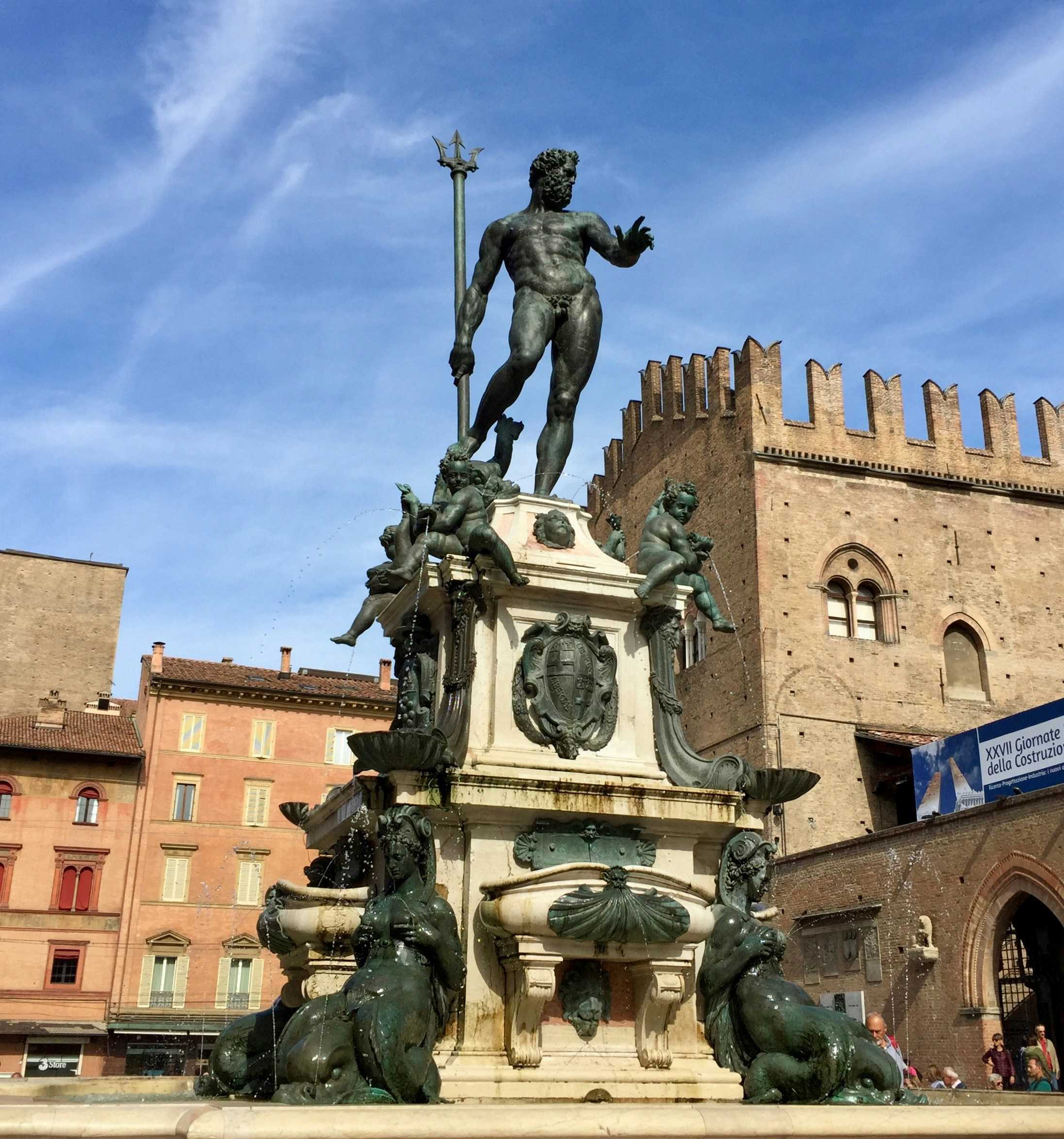
IRCCS Azienda Ospedaliero-Universitaria di Bologna (IRCCS-AOUBO)

The University of Bologna (UniBo)

IRCCS Azienda Ospedaliero-Universitaria di Bologna (IRCCS-AOUBO): Founded in 1592 in Bologna, St. Orsola University Hospital (Policlinico di Sant’Orsola) was the first hospital in Bologna and today hosts the School of Medicine and Surgery of the Bologna University – Alma mater studiorum. The present Hospital is divided in 27 pavilions over 1.8 Km in length, organised into 9 Departments, including 87 operative Units, in the center of the City. The Hospital is equipped with 1,515 beds and staffed with 6,807 employers, taking care of approximately 49,000 inpatients and 3,300,000 outpatients yearly. The workforce includes 551 researchers, participating to 502 active clinical trials with more than 22,500 patients enrolled. In 2020 St.Orsola Hospital was recognised by the Italian Ministry of Health – Ministerial Decree, 19 September 2020 – as IRCCS (Istituto di Ricovero e Cura a Carattere Scientifico), identifying biomedical institutions of relevant national interest. IRCCS AOUBO has more than 60 disease’s registries and different datasets for clinical trials and observational studies. It is involved in EU projects H2020 and H2021-2027 .
The University of Bologna (UniBo): Founded in 1088, which makes it the oldest University in the Western world. Over its nine centuries of history, it has grown significantly and is now the chosen university of over 90,000 students from all over the world. The University of Bologna aspires to make a relevant contribution to the common good through direct involvement in the co-creation of value with its community and society as a whole: this, along with the city’s cultural views, encourages the students in being vocal about their beliefs and needs, actively shaping the world around them.
Recruitement: Participants will primarily be recruited from primary and secondary schools within the Bologna district to include individuals either at risk for mental disorders (to be identified through the game) or as healthy controls. We will collaborate closely with the school-based mental health services in the district of Bologna, in partnership with the University of Bologna (UNIBO) and the local educational system.
- Additional participants will be recruited through networks within the Nursing and Medical faculties of IRCCS AOUBO.
- Adolescents will be invited to participate in the study via classroom announcements and through community-based organisations that engage students from the participating schools.
- IRCCS AOUBO will lead stakeholder engagement strategies, and given the dynamic nature of these activities, additional recruitment strategies will be co-developed with stakeholders.
To increase awareness of the SMILE project and engage target groups, surveys have been disseminated through social media channels, helping to involve stakeholders and broaden outreach efforts.
Methodology: A participatory approach is adopted by inviting stakeholders to contribute to the building and elaboration of the Knowledge base and the SMILE game and their refinement process. All material is analysed by means of scientific methods ( mixed-methods) and an inductive content analysis was carried out.
Progress: Five focus groups were conducted involving children, adolescents, young adults, parents, and teachers. IRCCS-AOUBO also participated in the recent Open Living Lab Days event in Timișoara, alongside other SMILE project partners, INTRAS and the University of Manchester (UoM). During the event, we led a workshop titled „Game On: Crafting Future-Ready Mental Health Solutions with and for Young Minds“, where we presented the first tangible results of the SMILE project. The workshop received positive feedback from the attendees.
Key Findings: Coming soon.
Impact: Coming soon.
Challenges and Lessons Learnt: Coming soon.
POLAND

Uniwersytet SWPS (USWPS)

SWPS University is a non-public higher education institution that aims to serve people, society, and the environment through endeavors in education, science, art, and public engagement. It was established in 1996 and community of 500 faculty of researchers and experienced academics, who teach 16,000 students enrolled in 35 undergraduate, graduate and doctoral programs, across six campuses located in major cities in Poland. Our broad education offer includes 16 programmes taught entirely in English to over 1,100 international students from more than 80 countries. Five Research institutes (design, humanities, law, psychology, and social sciences) oversee the work of 28 Research Centers, where researchers annually carry out close to 200 cutting-edge research projects that improve the quality of life of individuals and communities. SWPS University partners with numerous international organisations to enhance its academic and research capabilities. Key partnerships include the European Reform University Alliance (ERUA), and the Global MINDS Erasmus Mundus Master programme in social and cultural psychology. Additionally, SWPS is a member of networks such as the European University Association (EUA), the Global Academy of Liberal Arts (GALA), and the Baltic University Programme (BUP), promoting international collaboration, mobility, and sustainable development.
Recruitement: We will recruit participants for the pilot studies in schools (adolescents 10-19) universities (20-24) and also we will hold an “Open Cluster” where we will recruit non-students aged 20-24.
Methodology: In this project, we adopt a participatory approach and invite adolescents, young adults and their families, teachers and health professionals to contribute to the building and elaboration of the Knowledge base and the SMILE game. All material is analysed by means of scientific methods and an inductive content analysis was carried out.
Progress: We conducted 8 focus groups (November & December 2023) and 3 workshops (May 2024).
Key Findings: Coming soon.
Impact: Coming soon.
Challenges and Lessons Learnt: Coming soon.
SLOVENIA
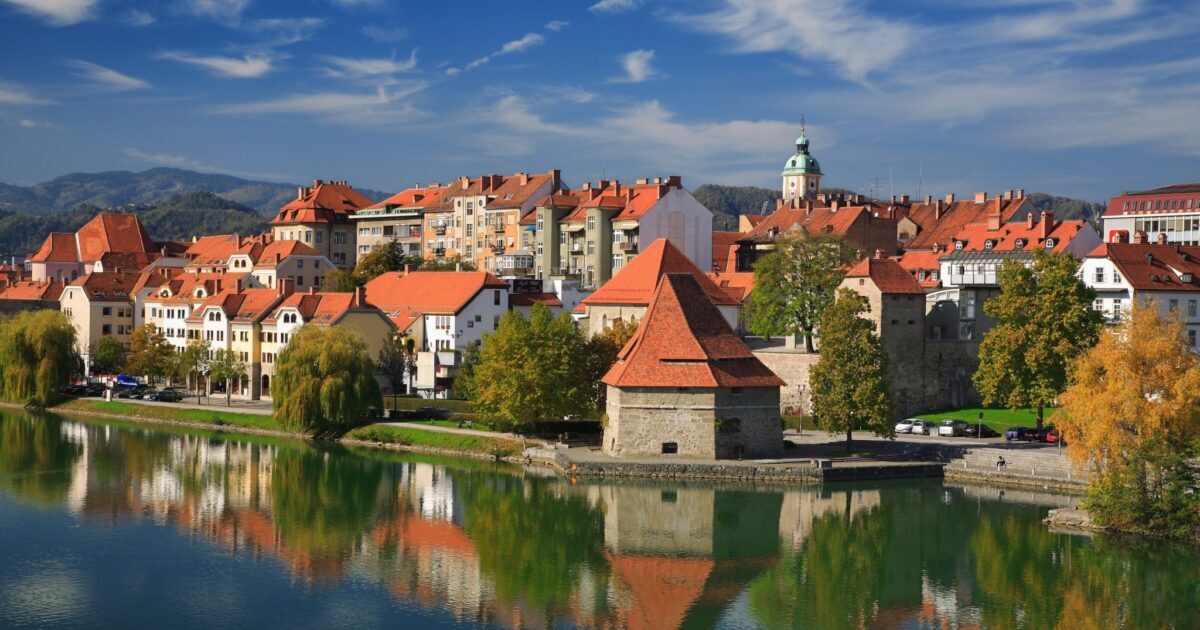
Univerza v Mariboru (UoM)
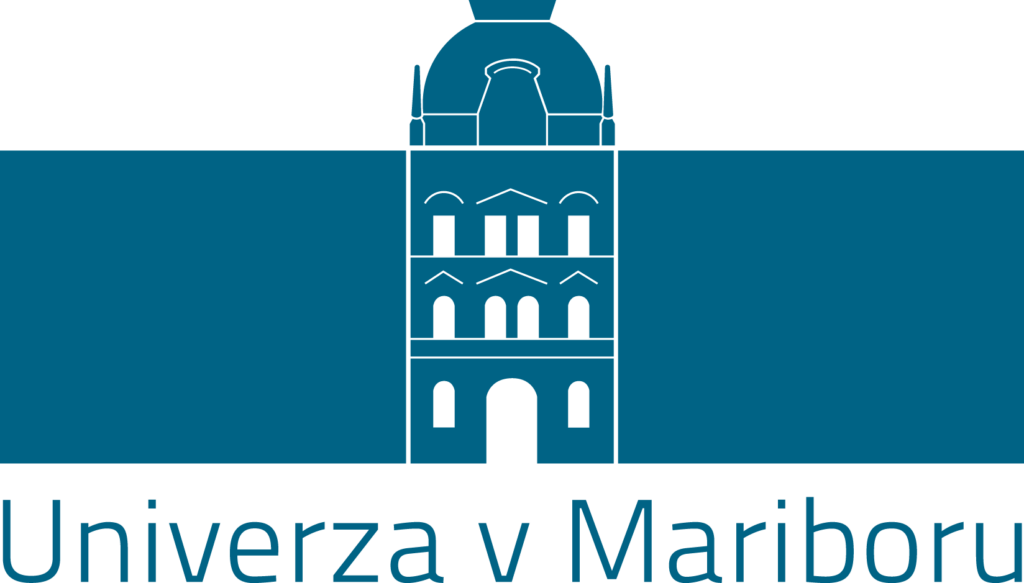
Mestina občina Maribor (MoM)
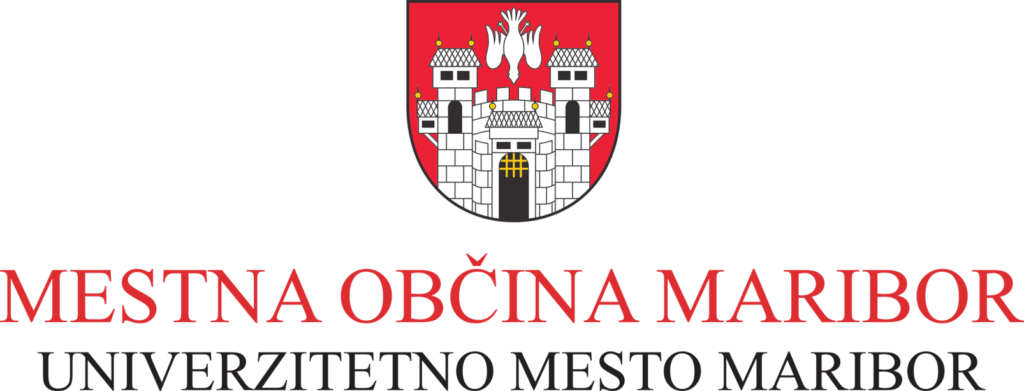
University of Maribor: The University of Maribor was established in 1975. With its 17 Faculties, the University Library Maribor and the Student Dormitories, it is the second largest and second oldest university in Slovenia with a long tradition. During these years, it became a successful scientific institution, the primary mission and guiding principle of which is the dissemination and enrichment of knowledge. Interdisciplinarity is highly valued, as its faculties cover the natural sciences, mathematics, engineering, medicine, biotechnology, social sciences, humanities and other sciences. Special attention is also paid to the involvement of students in research work and decision-making bodies as well as to the cooperation with the economy both in the field of knowledge and technology transfer into practice as well as in the field of connecting and networking students and graduates with employers.
Mestna občina Maribor: The municipality of Maribor independently performs local matters of public importance, as determined by the legislation and the municipal statute. Its key tasks are to provide its citizens with opportunities for quality life, work and development by supporting activities that contribute to this. These include quality health and social care, educational services (kindergartens and primary schools), cultural and sports-recreational, social and humanitarian activities.
Recruitement: Younger participants (aged between 10 and 18) will be recruited via elementary and secondary schools in Maribor. We will use our existing contacts and links with schools to invite them in the study, however, any school is welcome to join the study – contact us! Older participants will be students recruited from within the University of Maribor.
Methodology: A participatory approach will be followed including young people, their families, teachers, and health professionals. Their insights will be used for defining, developing, and validating the Knowledge base and SMILE tools. Material is produced and evaluated through a living lab methodology, inductive content analysis, and other scientific methods.
Progress: Up until now, we have conducted seven focus groups with stakeholder groups mentioned above in November 2023 and three workshops with young people in May 2024. From these, we have received valuable insights about the most pressing issues burdening today’s youth and their preferences regarding SMILE game and tools, respectively.
Key Findings: Coming soon.
Impact: Coming soon.
Challenges and Lessons Learnt: Coming soon.
SPAIN

Fundación Intras (INT)

INTRAS is the provider of social and health services in Mental Health in the Castilla y León region working in coordination with the social and healthcare systems, with a community approach and focus on life/life recovery projects. INTRAS has permanent collaboration with the Educational Regional Ministry in the provision of educational, training and vocational services provision.
Recruitement: Participants from 18-24 years group will be students from the Valladolid University or Students from Technical Courses (non-academic) with which INTRAS has already running partnerships. Moreover, INTRAS has also ongoing collaborations with Colleges and Institutes (primary and secondary schools in the Castilla y León Region, Spain), which will aid the recruitment of participants aged 10-13 and 14-17 years.
Methodology: We will recruit participants for the pilot studies in schools and universities. Any interested schools who might want to become a “SMILE-school”: feel invited to contact our team.
Progress: In this project, we adopt a participatory approach and invite children, adolescents, young adults and their families, teachers and health professionals to collaborate in the definition, development and validation of the Knowledge base and the SMILE tools. Material is created and analysed by means of living lab based methodology, inductive content analysis and other scientific methods.
Key Findings: Coming soon.
Impact: Coming soon.
Challenges and Lessons Learnt: Coming soon.
UNITED KINGDOM

Heriot-Watt University (HWU)
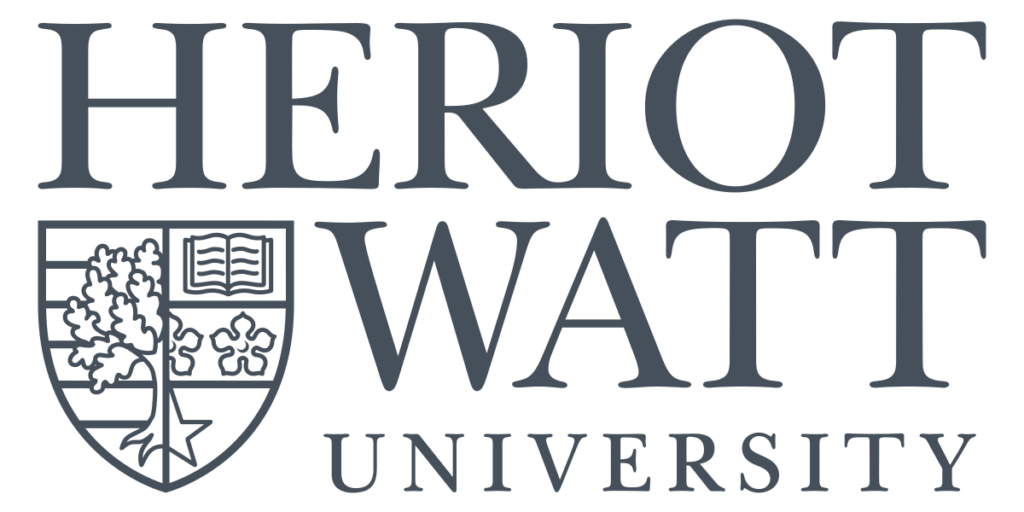
The University of Edinburgh (UoE)
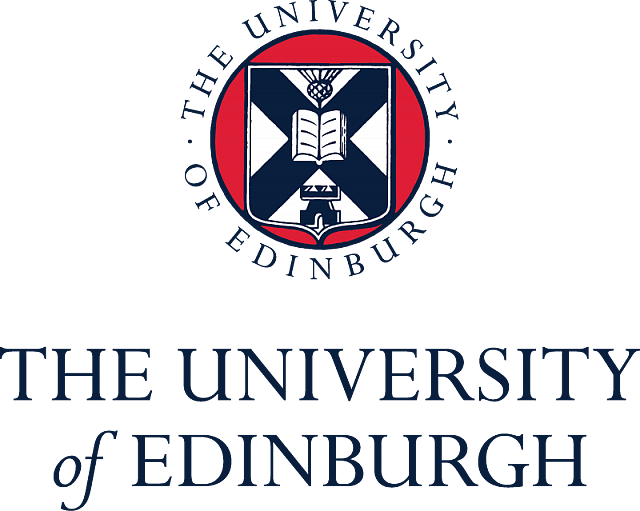
Heriot-Watt University: Founded in 1821, Heriot-Watt University is a global leader in education and research, known for its innovative approach and strong ties to industry. It specialises in science, technology, engineering, and business, consistently ranking highly for employability and real-world impact. The psychology department excels in applied research, focusing on areas like mental health and human-computer interaction. Its engineering programmes are internationally renowned, with strengths in robotics, AI, and sustainable technology.
University of Edinburgh: Established in 1583, the University of Edinburgh is one of the world’s oldest and most prestigious institutions, consistently ranked among the top universities globally. It is renowned for its groundbreaking research, diverse academic community, and contributions to science, the arts, and technology. The psychology department is internationally recognised, with expertise in cognitive neuroscience, developmental psychology, and mental health research.
Recruitement: Participants aged 17-24 will be recruited from Heriot-Watt University and the University of Edinburgh and participants aged 10-17 (as well as parents, teachers, and clinicians) from local schools, community resources/groups, social media, and word-of-mouth.
Methodology: We are using a participatory approach to include young people, their families, teachers, and health professionals. The insights and feedback we gain will be used to define, develop, and validate SMILE tools. Material will be produced and evaluated through a living lab methodology, inductive content analysis, and other scientific methods.
Progress: We have conducted two focus groups with young people aged 16-24, and plan to host several workshops to gain further feedback about different game elements. We have also developed the game itself, scripting its contents and CBT-based activities in five modules. We are now developing a prototype in collaboration with NuroGames.
Key Findings: Coming soon.
Impact: Coming soon.
Challenges and Lessons Learnt: Coming soon.
As the SMILE project progresses, this section will be updated with detailed information on each pilot site’s case study, including the specific gamified interventions being tested, participant recruitment progress, and any relevant findings.